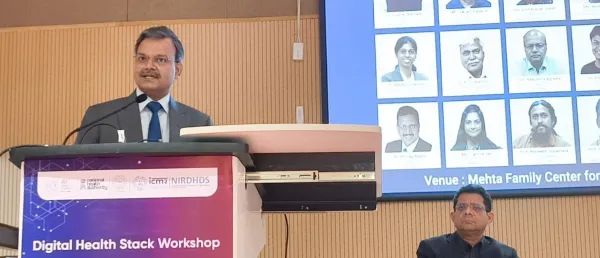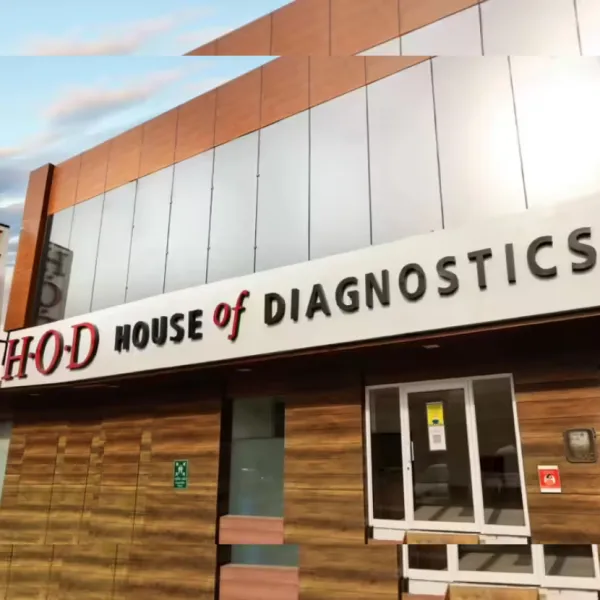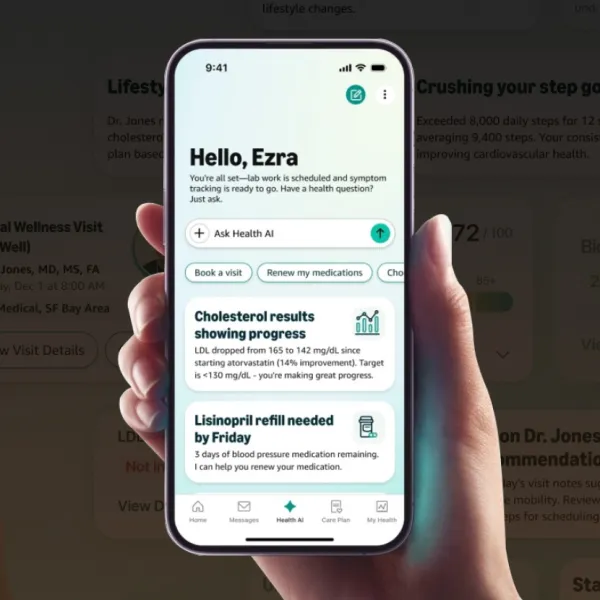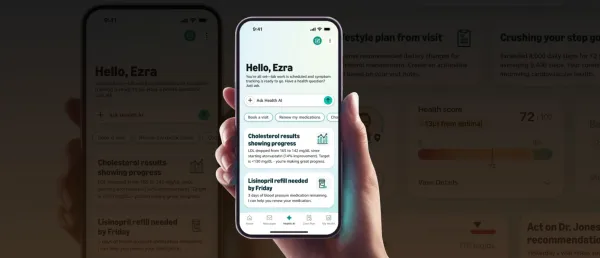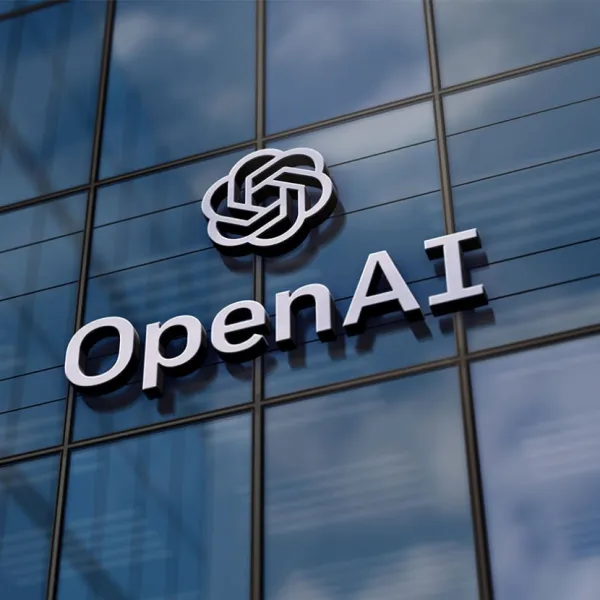Microsoft Deploys AI Agent Orchestrator for Cancer Care Coordination

The orchestrator enables multi-agent collaboration for healthcare data analysis, especially in oncology workflows such as tumor boards and multidisciplinary decision-making.
Microsoft has officially made its AI agent orchestrator for cancer care available in the Azure AI Foundry Agent Catalog.
The orchestrator enables multi-agent collaboration for healthcare data analysis, especially in oncology workflows such as tumor boards and multidisciplinary decision-making.
The orchestrator integrates customizable, multimodal AI agents capable of processing diverse healthcare datasets, including DICOM files, whole-slide pathology images, genomic data, and clinical notes from electronic health records (EHRs). These agents can be embedded into commonly used productivity platforms like Microsoft Teams and Word to reduce administrative overhead and enhance care delivery coordination.
Microsoft stated that "modular, general reasoners, as well as specialized, multimodal AI agents, work together to address tasks that would take hours, to augment clinician specialists with customized cutting-edge agentic AI effectively."
Multimodal Agent Integration and Data Workflow Support
According to Microsoft, the orchestrator supports several capabilities relevant to clinical cancer care: constructing longitudinal patient timelines, determining cancer staging, and enabling reasoning over intricate EHR data. It also links enterprise healthcare data via Microsoft Fabric and Fast Healthcare Interoperability Resources (FHIR) data services.
Each agent integrates Azure AI Foundry’s advanced AI models, combining general-purpose reasoning with "health-specific modality models to drive actionable insights grounded in multimodal clinical data."
Early development partners, including Stanford University and Johns Hopkins, are assessing the orchestrator’s real-world applications. The system has already been integrated into Teams chats, allowing interactions between multiple clinicians and healthcare-specific AI agents.
Health Institutions Begin Evaluation
"Stanford Medicine sees 4,000 tumor board patients a year, and our clinicians are already using foundation model-generated summaries in tumor board meetings today (via a PHI-safe instance of GPT on Azure)," said Mike Pfeffer, chief information officer at Stanford Health Care and Stanford School of Medicine.
He added, "The new healthcare agent orchestrator can streamline this workflow by reducing fragmentation and enabling new insights from data elements that were challenging to search, such as trial eligibility criteria, treatment guidelines, and real-world evidence. Stanford Health Care is excited to research further the potential of using the healthcare agent orchestrator to build the first generative AI agent solution used in a production setting for real-world care for our cancer patients."
Other institutions exploring the technology include Providence Genomics, Mass General Brigham, and the University of Wisconsin School of Medicine and Public Health.
Stay tuned for more such updates on Digital Health News








